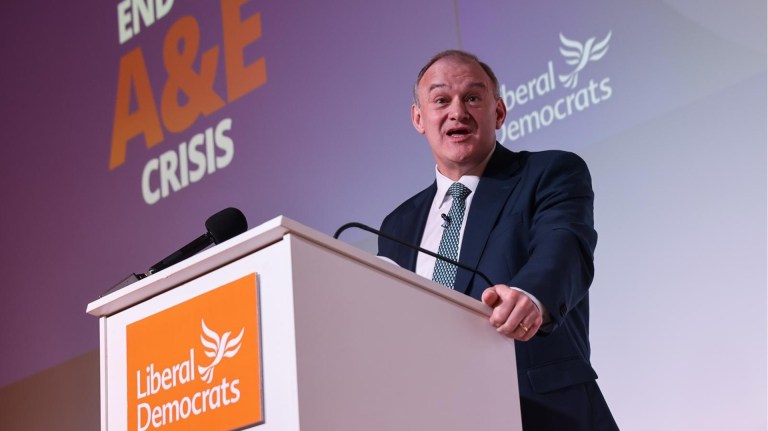Britain is “broke and broken”, with chancellor Rachel Reeves announcing spending cuts in the House of Commons today (29 July) to deal with a £20bn “black hole” in the public finances.
The new Labour government says the Conservatives hid the extent of the bad finances, leaving their successors the worst inheritance since the war. Before the election, Starmer told the Big Issue there would be no return to austerity on his watch.
But the latest move from Reeves has raised expectations of tax rises and public spending cuts. We’ve asked experts what lies behind the latest economic positioning from the new government.
What’s behind the £20bn black hole in Rachel Reeves’s speech?
There is no fundamental law of the universe behind a “black hole” in the public finances. It was rhetoric also used by the Conservative government. But it lies in the fiscal rules chosen by the Treasury. Starmer and Reeves have chosen to stick to the fiscal rules laid out by Jeremy Hunt – governing the level of debt the government is willing to take on.
“The black hole, insofar as it has been briefed out, seems to consist of spending commitments that were pencilled in at the departmental level or announced in some form by Conservative ministers, but for which no resources were explicitly set aside,” said Nick O’Donovan, a political economist at Keele Business School.
“That’s perfectly valid conceptually – undisclosed liabilities is a meaningful concept in the world of finance, and the kind of thing audits and due diligence should pick up in private sector organisations.”









